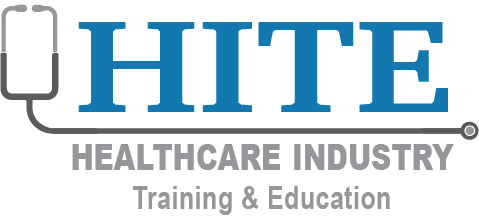Medical Assistant
Improve the lives of others
If you are looking for a stable and fulfilling career with ample job prospects, consider becoming a medical assistant. You’ll be a crucial part of a healthcare team, from collecting a patient’s medical information to taking vital signs and preparing medical equipment, you’ll ensure patients receive the best possible care they can.
The Perks
As a medical assistant, your days will be busy and never boring. Roles vary depending on the practice you’re in, but wherever you work as a medical assistant you’re almost guaranteed great variety, advancement opportunities, and a good work-life balance.
2
Years
A certificate or associate’s degree typically takes just 1-2 years to complete.
29%
Growth
There is an expected 29% growth in employment of medical assistants between 2016-2026.
$33610
Salary
The median annual wage for 2019 is $33,610.
STLCC Medical Assistant Graduate
St. Luke’s Hospital
Becoming a certified Clinical Medical Assistant has helped me gain a foothold into the medical field. My certification has helped solidify a foundation for my goals. The medical assistance training program required perseverance and determination. With the help of my teachers and the staff, I successfully attained my certification as a Clinical Medical Assistant. Everyone is ready and willing to help you learn.

What Do I Need?
The following items will set you on a great path to joining this growing profession.
Certificate or Associate's Degree
Certificate or Associate’s Degree
On-the-Job Training
If you decide additional education isn’t for you, many companies offer on-the-job training programs as a way to gain experience.
Organizational Skills
Medical assistants manage many patient-related tasks and need to be highly detail-oriented in order to be successful.
Ability to Communicate Well
Whether you’re talking with physicians, patients or your coworkers, having good communication skills is key to being a medical assistant.
Analytical Thinking
You’ll need to be able to easily understand and follow the directions of medical charts and diagnoses.
Technical Capabilities
You may learn technical skills during training, but they involve using basic clinical instruments, preparing exam rooms, or assisting with minor procedures.
Certificate or Associate's Degree
Medical assistants with certificates or those who have gone through relevant programs tend to have higher earning potential.
On-the-Job Training
If you decide additional education isn’t for you, many companies offer on-the-job training programs as a way to gain experience.
Organizational Skills
Medical assistants manage many patient-related tasks and need to be highly detail-oriented in order to be successful.
Ability to Communicate Well
Whether you’re talking with physicians, patients or your coworkers, having good communication skills is key to being a medical assistant.
Analytical Thinking
You’ll need to be able to easily understand and follow the directions of medical charts and diagnoses.
Technical Capabilities
You may learn technical skills during training, but they involve using basic clinical instruments, preparing exam rooms, or assisting with minor procedures.
Your Resources
Loading...

Medical Assistant

BJC HealthCare Careers
SSM Health Careers
Missouri 4-H: Scrub-in to a Health Career

Family Workforce Centers of America

EXPLORE Healthcare with Centene

